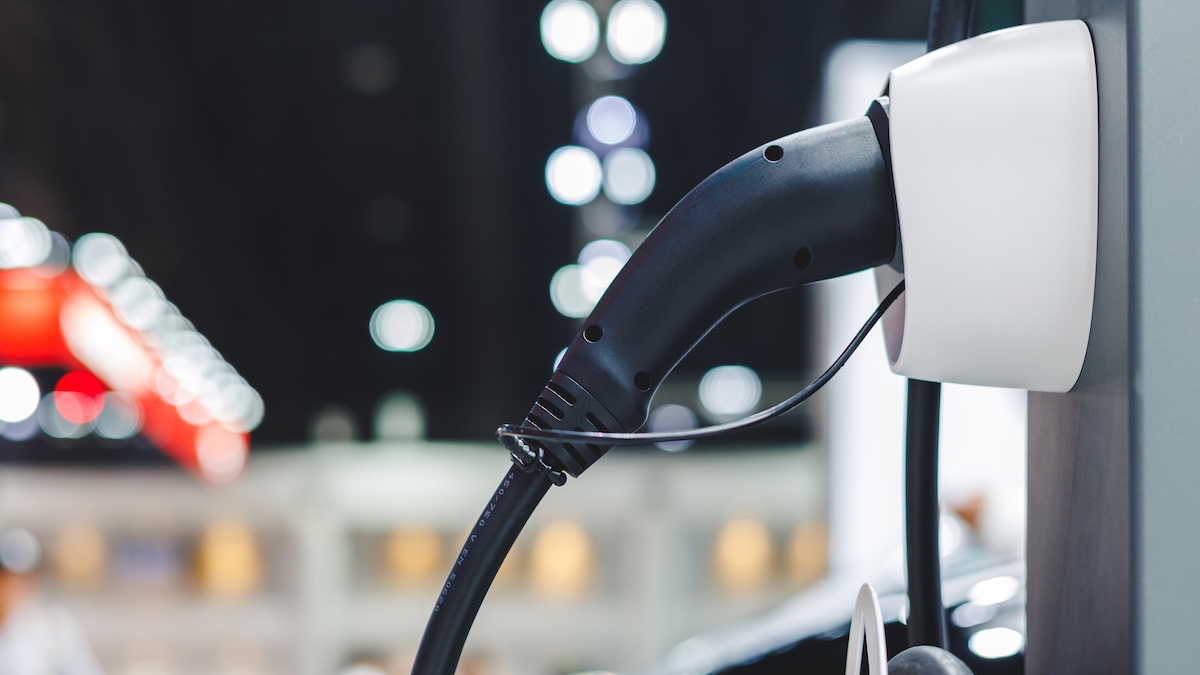
PHEV, or plug-in hybrid electric vehicle, drivers in Germany are not adequately charging their car batteries according to the Verband der Automobilindustrie (VDA), a powerful German automotive trade association, representing car and commercial vehicle manufacturers as well as parts suppliers.
Instead, the VDA says PHEV drivers are relying on their car’s gas engines instead, which emit CO2, defeating the purpose of a PHEV in the first place. In response, a new VDA proposal says the vehicles should track how often PHEV owners charge their batteries. Under the plan, vehicles would automatically reduce power if drivers rely too heavily on the gasoline engine.
What is the VDA?
Germany’s biggest auto industry association wants PHEV drivers to recharge their cars more often, whether they like it or not.https://t.co/WeGu102XaQ
— InsideEVs (@InsideEVs) November 2, 2025
Manufacturers marketed plug-in hybrids as a bridge technology between combustion engines and full battery-electric vehicles. In theory, they can drive great distances on their electric batteries before switching to the internal combustion engine for longer trips. But research has shown that many owners rarely charge their vehicles, relying instead on fuel, effectively turning PHEVs into heavy, inefficient gas cars.
The European Union’s tightening emissions rules and upcoming 2035 phase-out of new combustion engines have put pressure on automakers to prove that PHEVs still have a role to play. The VDA’s plan is designed to keep plug-in hybrids relevant by ensuring drivers actually use their electric capability as intended.
PHEV battery charging tracking feature
According to the VDA’s outline, automakers could program future plug-in hybrids to track how often drivers charge their batteries. After drivers travel a set distance without recharging, the vehicle would automatically reduce power. Regulators and industry leaders have not yet finalized the threshold or technical details.
The idea has sparked debate among drivers and manufacturers. Supporters argue that mandatory charging would cut emissions and improve the credibility of hybrid vehicles. Critics, however, question how regulators could enforce the proposal fairly and whether it might frustrate drivers who lack easy access to charging stations.
The VDA proposal remains under discussion and has not been adopted by the German government or the European Union. Should it move forward, regulators would need to establish clear standards for monitoring and enforcing charging behavior, most likely through onboard software or remote vehicle data.
The VDA serves as the German automotive sector’s lobbying arm in Berlin and Brussels, shaping policy on emissions, innovation, and mobility. The group has no regulatory authority, but its proposals influence government discussions on transportation and energy policy.
Automakers are watching closely. As Europe tightens emissions standards and accelerates the transition to full electric vehicles, plug-in hybrids are facing increasing scrutiny. The VDA’s plan signals an industry effort to demonstrate that hybrids can still contribute to decarbonization, but only if drivers actually charge them.







